Remaining faithful to the values of the Church and following the Pope’s guidelines is essential to strengthen the Catholic community
Catholic leaders from around the world meet in New York for the IX International Diploma
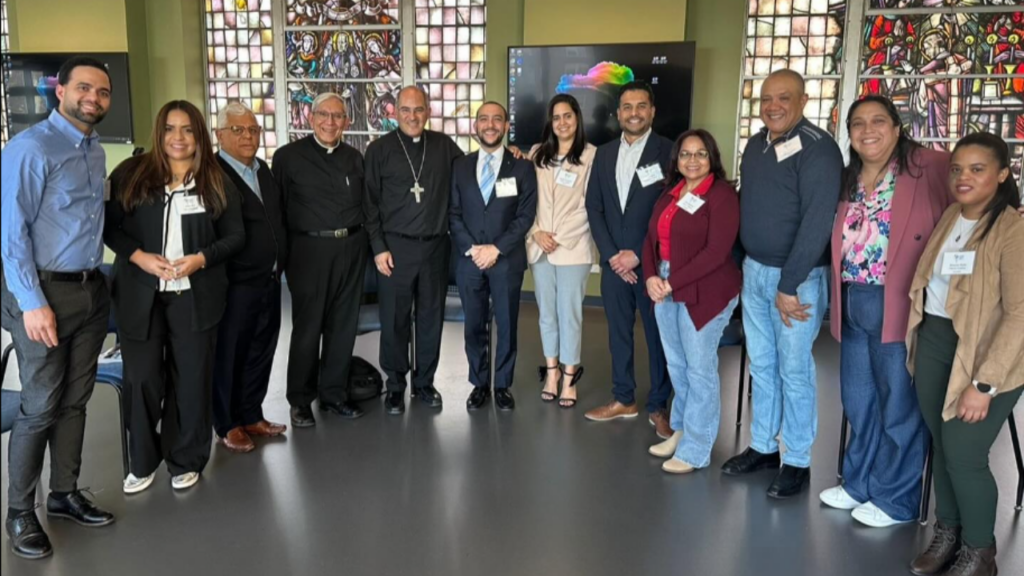
This week, Saint John’s University in New York will be the setting for the IX International Diploma organized by the International Academy of Catholic Leaders, with the support of Somos Community Care. This prestigious academic event will bring together more than 150 leaders from Latin America, Europe, and Africa to explore and debate global challenges from the perspective of the Social Doctrine of the Church.
In a conversation with Shariff de los Santos, doctor and current director of the School for Catholic Leaders in New York, we discussed details of the diploma and the role of Catholics in the electoral context of the United States.
“Integrating faith with knowledge is one of the greatest challenges of our diploma,” says Shariff de los Santos.
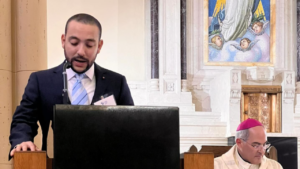 What is your opinion about the diploma? What contribution do you think it has in New York?
What is your opinion about the diploma? What contribution do you think it has in New York?
The diploma course organized by the International Academy of Catholic Leaders is fundamental, since it addresses the Social Doctrine of the Church, focusing on spiritual formation, doctrinal knowledge and the strengthening of Catholic values. Its presence in New York highlights the commitment to comprehensive training that encompasses both academic and spiritual aspects.
What were the main challenges when coordinating and managing the diploma course?
Leading a diploma course of this magnitude entails numerous challenges. One of the most significant is to balance academic teaching with the integration of the Catholic faith into all aspects of the program. Furthermore, managing the coordination between the design of the content, the preparation of educational materials and the logistics of the event has been a complex task. The diversity in levels of education and commitment to faith among participants also presents an additional challenge that requires careful management.
What do you consider to be the main challenges for Catholic leaders in the current electoral context in the United States?
In an electoral process as important and conflictive as the current one in the United States, Catholic leaders face the challenge of discerning between candidates and proposals in light of Catholic values. It is crucial to properly form conscience, actively participate in political and social life, and promote unity within the diversity of opinions. Remaining faithful to the values of the Church and following the guidelines of the Holy Father is essential to strengthen the Catholic community in this context.
The New York School of Catholic Leaders, part of the International Academy of Catholic Leaders, is a benchmark in training in the Social Doctrine of the Church, with a presence in 40 dioceses in 14 countries and more than 35,000 graduates. The Academy is consolidated as a pillar in the training of leaders committed to building a more just society.
Related
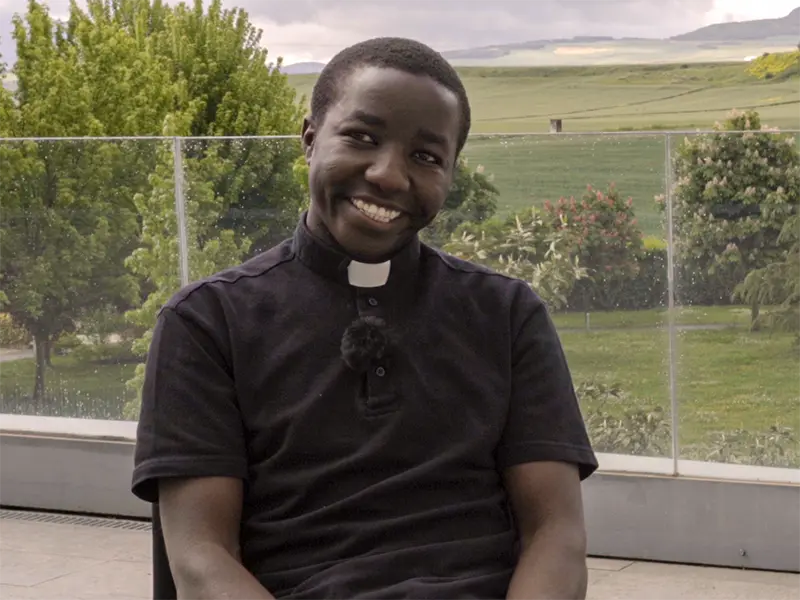
“Being Catholic in Tanzania is a source of pride”
Fundación CARF
16 April, 2025
6 min

The Vatican Suppresses the Sodalitium of Christian Life After a Long Discernment Process
Exaudi Staff
15 April, 2025
1 min
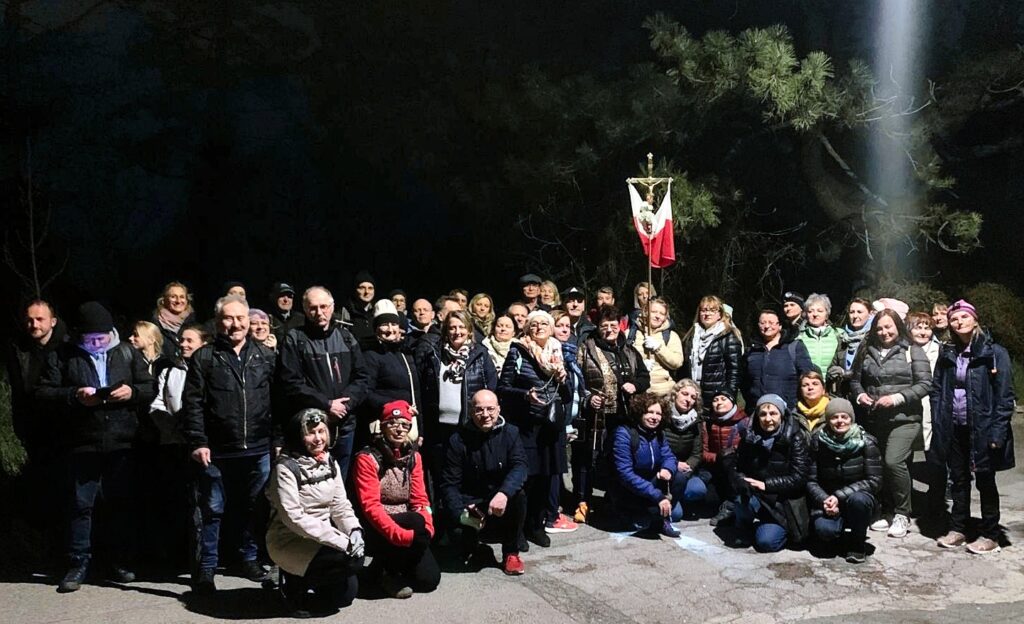
From Kahlenberg to the Papal Cross – Polish Night Way of the Cross in Vienna
Heschel Centre for Catholic-Jewish Relations at the Catholic University of Lublin
15 April, 2025
2 min
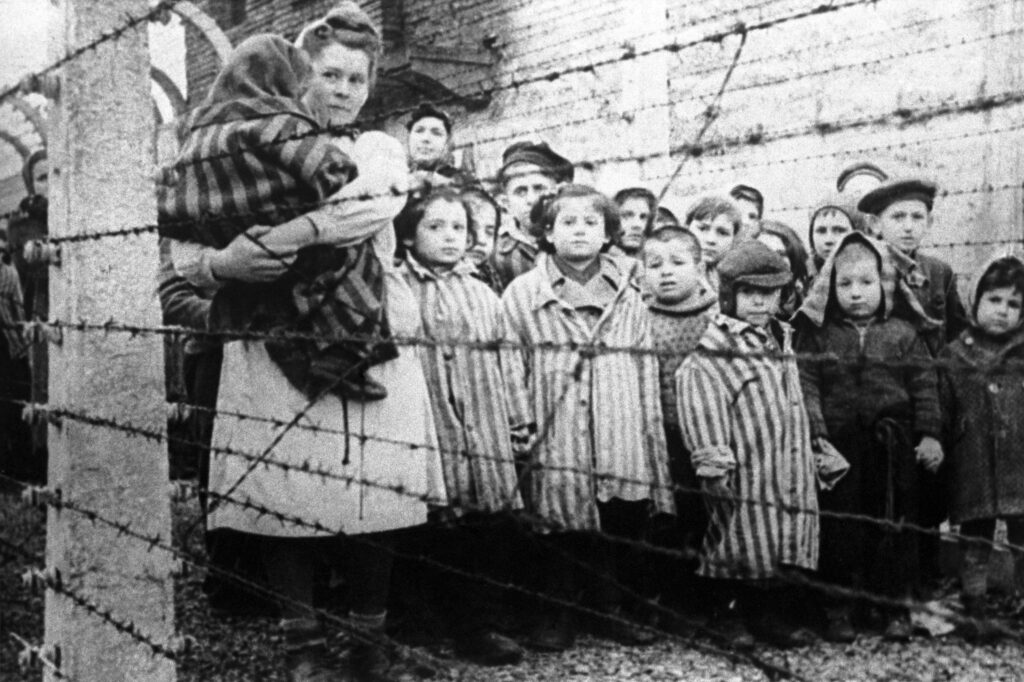
“I Will Never Be Herod for the Innocents”
Wlodzimierz Redzioch
14 April, 2025
6 min
 (EN)
(EN)
 (ES)
(ES)
 (IT)
(IT)

